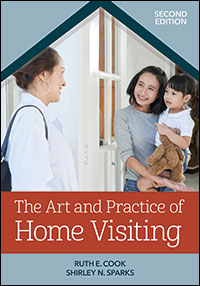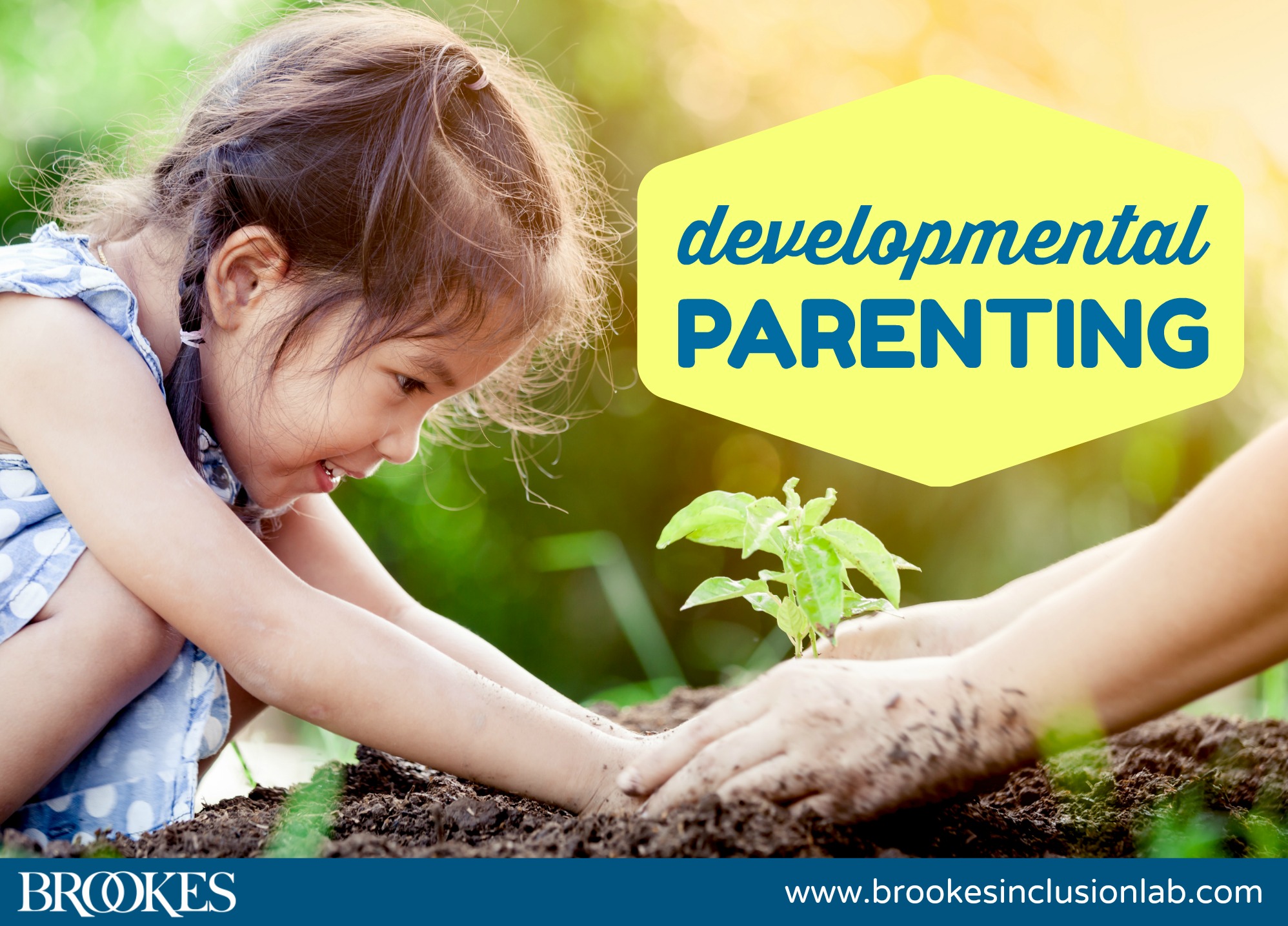9 Ways Home Visitors Can Support Parents with Cognitive Disabilities
March 2, 2023
 What are the best ways for home visitors to support parents with developmental delays as they become confident and competent caregivers? Adapted from The Art and Practice of Home Visiting by Ruth Cook & Shirley Sparks, today’s post outlines nine key points to keep in mind when working with parents who have cognitive disabilities. Home visitors, keep this list handy as you help these caregivers bond with their children and develop strong parenting skills.
What are the best ways for home visitors to support parents with developmental delays as they become confident and competent caregivers? Adapted from The Art and Practice of Home Visiting by Ruth Cook & Shirley Sparks, today’s post outlines nine key points to keep in mind when working with parents who have cognitive disabilities. Home visitors, keep this list handy as you help these caregivers bond with their children and develop strong parenting skills.
Determine what’s really important. Parents with cognitive disabilities cannot be expected to focus on the development of parenting skills if they haven’t yet learned to manage their basic needs. As a home visitor, you may have to begin by helping these parents plan budgets and connect with available community resources to secure transportation and attend to medical needs. Safety for themselves and their child should be at the top of the priority list. Is food being prepared and stored properly? Are doors and latches secured? Are toxic cleaning materials stored away from little fingers?
Coordinate help. Find out which agencies are extending help to these families. If there are several, assist in the development of a collaborative intervention plan. Be mindful that these parents may not want to be labeled in a way that promotes special services for them.
Guide parents in interpreting their child’s behavior. It is easy for parents with cognitive disabilities to misinterpret their children’s behavior and see them as “bad children.” Help parents understand the behaviors they may observe in young children and what their child may be communicating through challenging behavior.
Avoid lengthy explanations. Be brief and clear. Parents with intellectual disabilities may have difficulty with abstract thinking, problem solving, and exercising good judgment. Demonstrate, model, and repeat the behaviors that you want the parents to learn. Use concrete methods. Whenever possible, have the parents practice in front of you so that you can offer corrective feedback and make positive comments about their progress. Break down tasks and use visual cues such as pictures and charts.




Write a Comment
Your email address will not be published. Required fields are marked *
Post a Comment